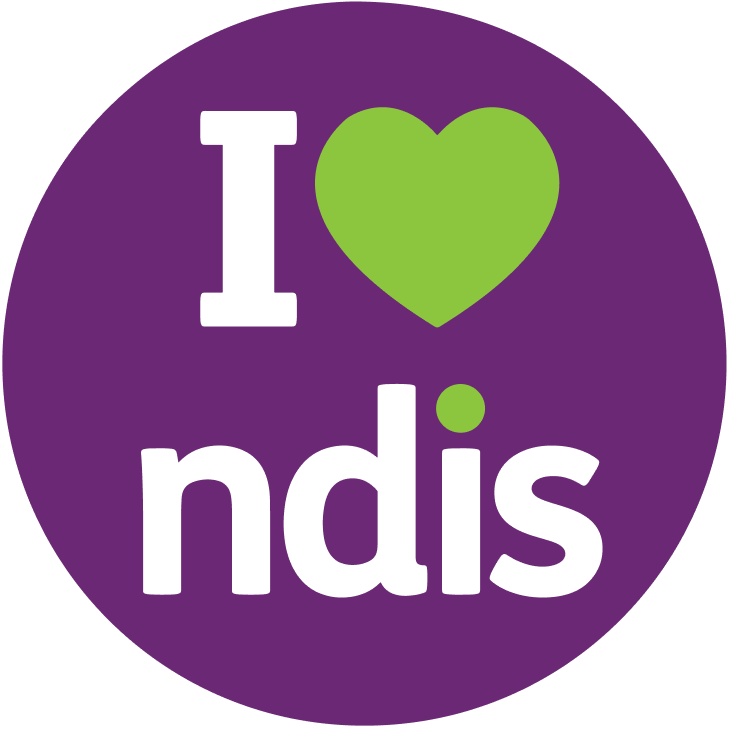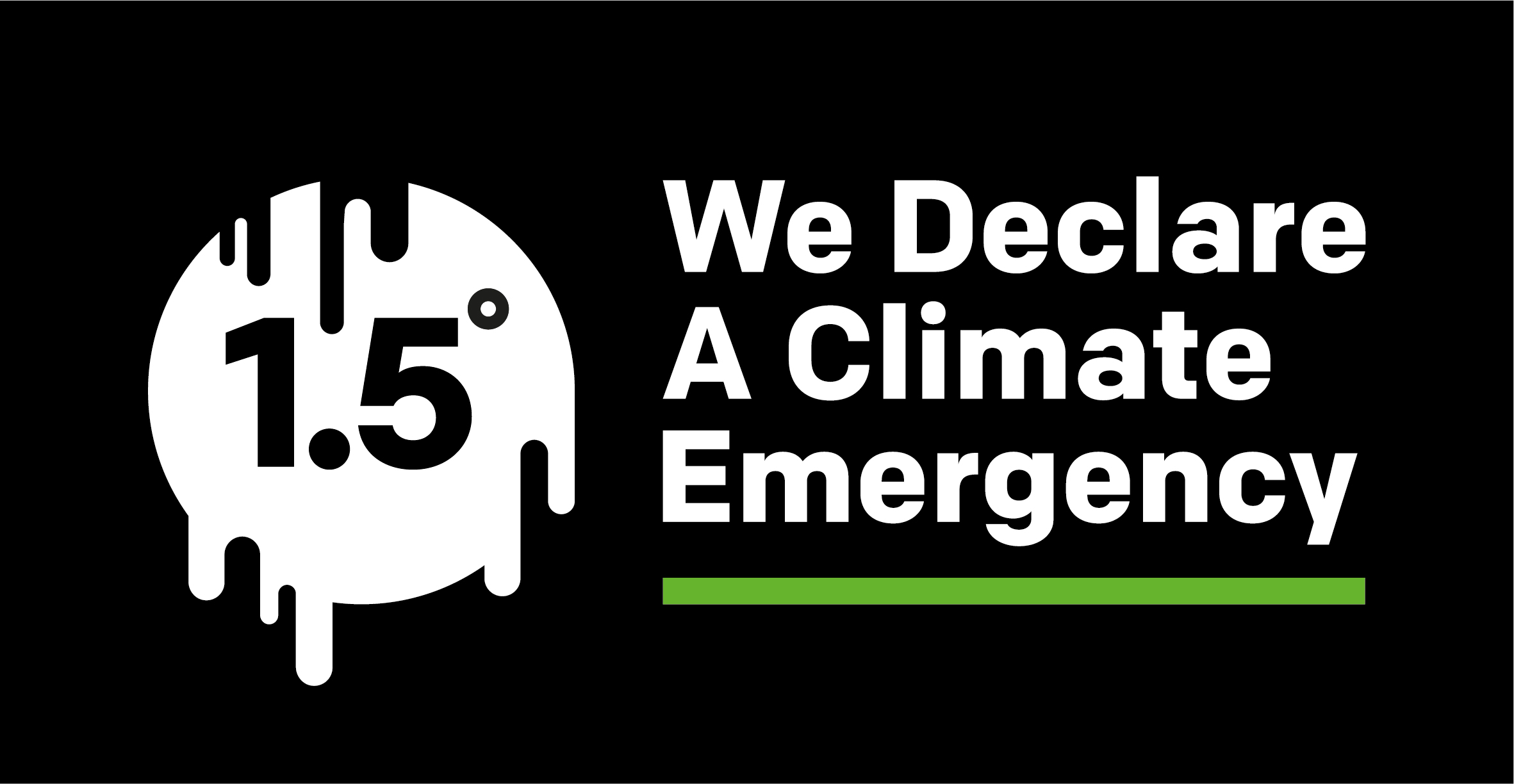Expected and unexpected social behaviour in social setting
Appropriate Population:
- 4 years and up
- Moderate or mild delay or age-appropriate cognitive, expressive and receptive language ability
Goal: Identifying expected and unexpected social behaviours
Steps:
- At the start of the session, show the client the expected and unexpected social behaviours visual. You can make your own or use the one provided below (happy face= expected behaviours; sad face= unexpected behaviours). Give specific examples of expected and unexpected behaviours which the client displays.
- Observe the client in a social setting (interacting with peers, group reading time etc). Remind the client that we want behaviours that would make everyone happy.
- Each time the client displays an expected/unexpected behaviour, ask the client to identify (using the visual) if the behaviour was expected (happy face) or unexpected (sad face).
- Tip: Be aware of the difference between unexpected social behaviours and behaviours which are not the norm but help the client feel better/more regulated. We do not want to encourage masking of the client’s comforting behaviours. For example, the client snatching his friend’s toys during playtime is a social behaviour we can work towards reducing, but the client stimming and jumping up and down during group reading time is a self-regulating behaviour which does not need to be reduced.
Step up:
- Discuss why the behaviour is expected or unexpected
- For self-monitoring: use a visual monitoring system to help the client self-regulate their social behaviours
Step down:
- Identify the social behaviours with the client
Resources:
- Social behaviour visual
- Tips on working on self-monitoring: https://thedabblingspeechie.com/2015/09/expected-and-unexpected-behaviors-a-quick-tip-on-how-to-work-on-self-monitoring-skills/
Nicole
Fora's Speech Pathology team


